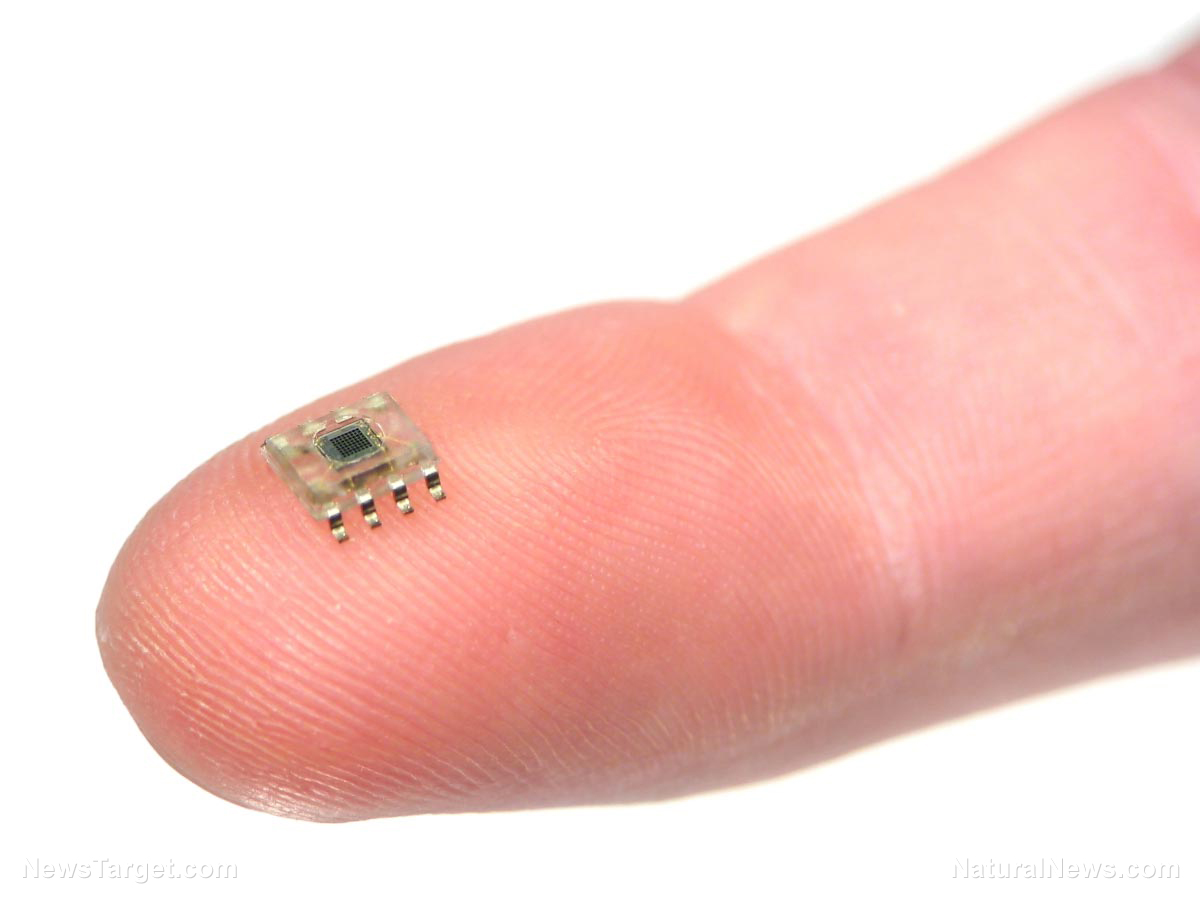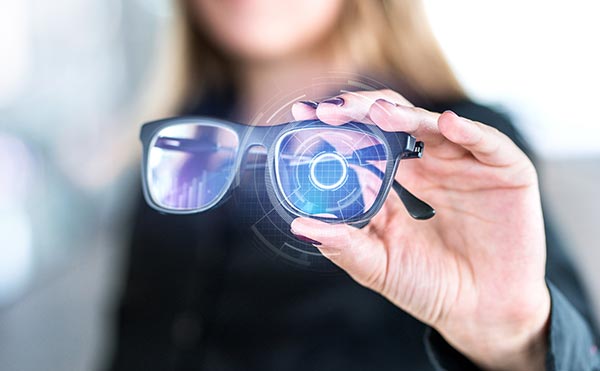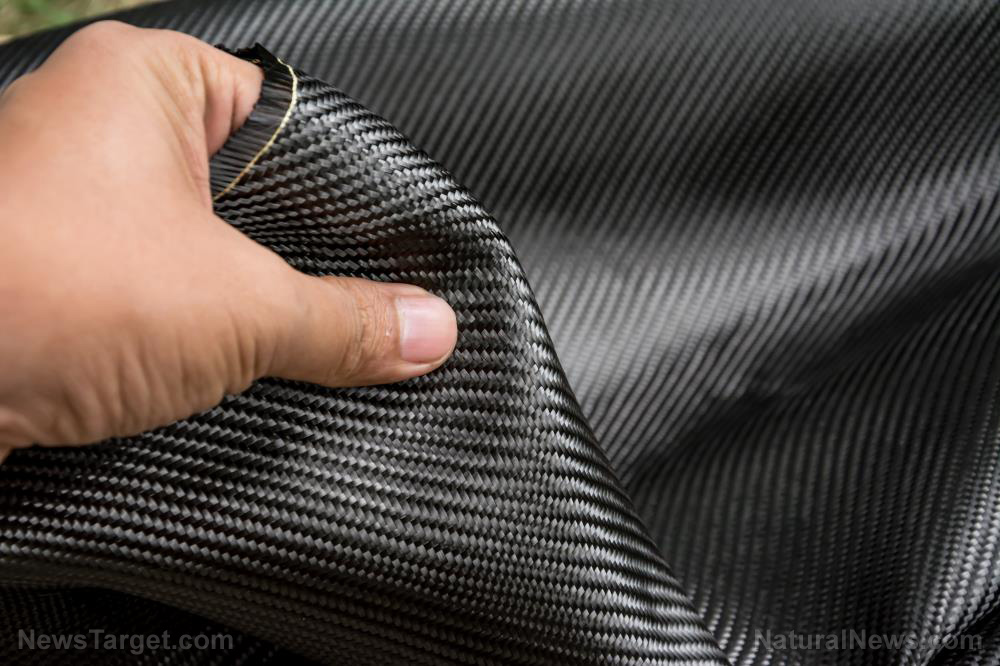Implantable microchips could soon be “voluntarily” injected into state government employees
07/22/2020 / By Ethan Huff

The Michigan House has passed a bill to protect the privacy rights of its state government workers, who will soon be given the “option” have implantable microchips injected into their bodies.
Sponsored by Rep. Bronna Kahle, the bill aims to address an inevitable future where people are receiving RFID “marks” inside their skin that, if not properly protected privacy-wise, could expose their personal information to hackers.
“With the way technology has increased over the years and as it continues to grow, it’s important that Michigan job providers balance the interests of the company with their employees’ expectations of privacy,” Rep. Kahle is quoted as saying.
“While these miniature devices are on the rise, so are the calls of workers to have their privacy protected,” she further added.
After moving to and through the Senate, Rep. Kahle’s bill would then go to the desk of Gov. Gretchen Whitmer, who presumably will sign it into law. From there, state government employees and other workers would have the option to get tiny microchips about the size of a grain of rice implanted into their skin for identification and security purposes.
“They [are] not battery powered, and are instead activated and used as individual ID for the employee when introduced to a Radio Frequency Identification (RFID) reader,” reports the Jerusalem Post.
“The chips can be used as a key fob for the office, time cards, a credit account for the cafeteria or vending machines, a way to access company laptop or office devices and, more controversially, as a way for employers to track employee productivity.”
Thanks to coronavirus, the world is now ready and primed for the Antichrist and mark of the beast
Beyond this, the RFID chips will function as tracking devices to monitor when employees arrive to and leave from work, as well as what they do throughout their days. It is the ultimate in spying and surveillance, brought to you by Big Tech and Big Government.
The bill specifically allows for employees to “opt out” of the system and not get chipped, but one wonders how long this will last before Big Brother decides to make the technology “mandatory” to ensure the “safety and security” of all employees.
All of this has been predictively programmed in shows like Netflix’s “Stretch Armstrong & The Flex Fighters,” which in an episode entitled “SmartMark” depicted characters lining right up to receive implantable chips to buy and sell without the need for cash.
The Wuhan coronavirus (COVID-19) pandemic has also greased the wheels in accelerating this process with global lockdowns, “touchless” payment systems, and the recent shortage of cash and coins. Soon, there will also be “immunity passports” and even microchip-“enhanced” vaccines, which we reported could contain an enzyme known as luciferase, a derivative of lucifer.
“Everything related to COVID-19, the global lockdowns, the crashing of the world’s economies, the digital Immunity Passports, and now the race riots are all connected and will bring the entire world to the doorstep of Antichrist and the Mark of the Beast,” reports Now the End Begins.
Be sure to also check out the below video showing how Swedish train operators are already accepting payments from travelers using RFID-implanted microchips:
“The forerunner to the mark is potentially here and the powers that should not be are trolling Christians by making a cartoon showing what might be coming out in the years to come,” wrote one Now the End Begins commenter about what we see unfolding.
“Voluntary? That’s what they said about wearing a mask. Voluntary my hinny,” wrote another.
For more related news about the push towards a cashless society, be sure to check out Collapse.news.
Sources for this article include:
Tagged Under: badtech, breakthrough, Bronna Kahle, future tech, Glitch, implantable, inventions, Microchips, privacy, state government employees, surveillance, voluntary
RECENT NEWS & ARTICLES
COPYRIGHT © 2017 FUTURETECH.NEWS
All content posted on this site is protected under Free Speech. FutureTech.news is not responsible for content written by contributing authors. The information on this site is provided for educational and entertainment purposes only. It is not intended as a substitute for professional advice of any kind. FutureTech.news assumes no responsibility for the use or misuse of this material. All trademarks, registered trademarks and service marks mentioned on this site are the property of their respective owners.




















